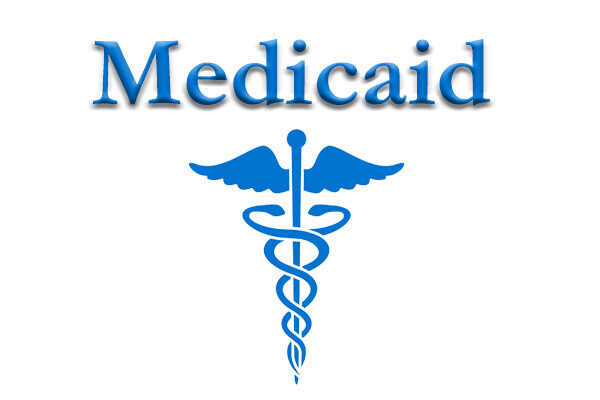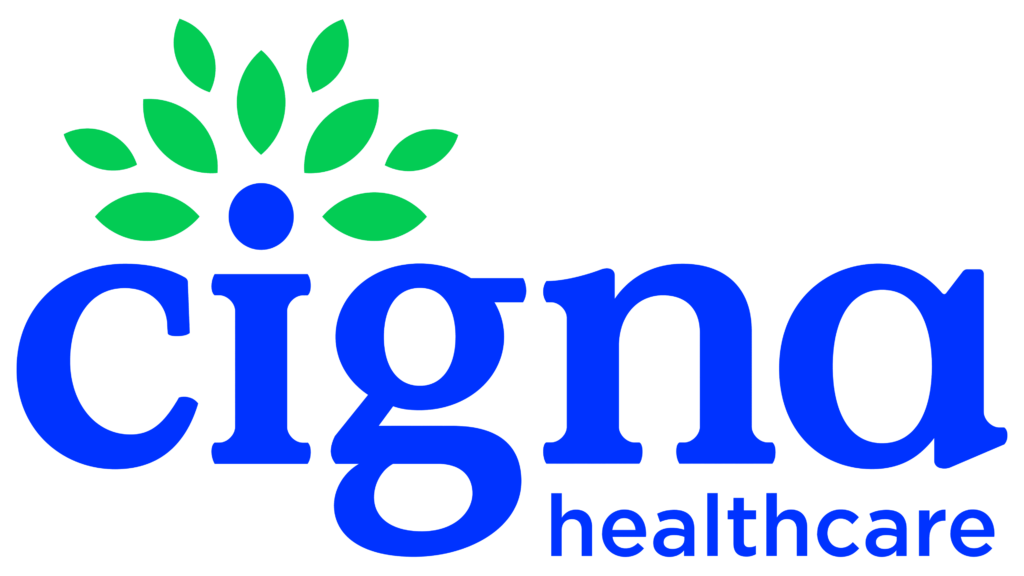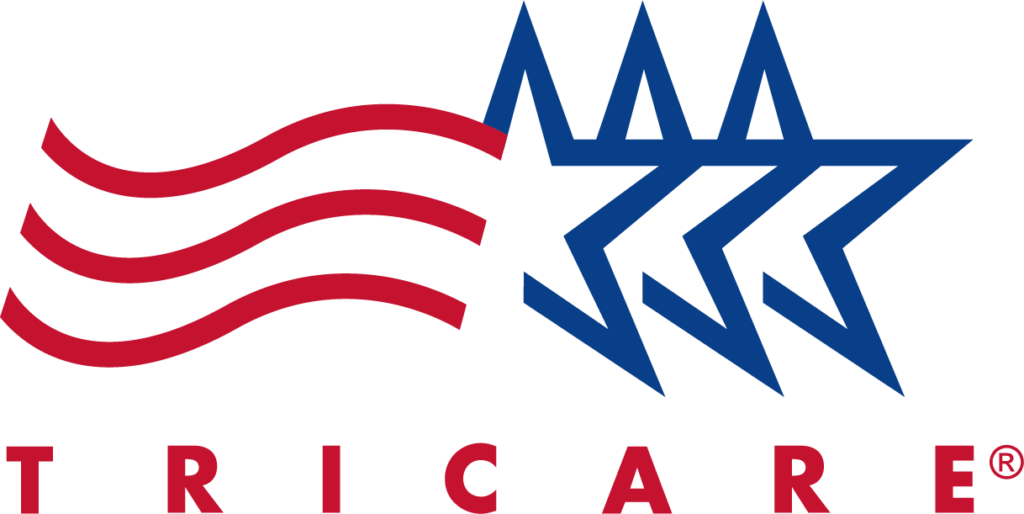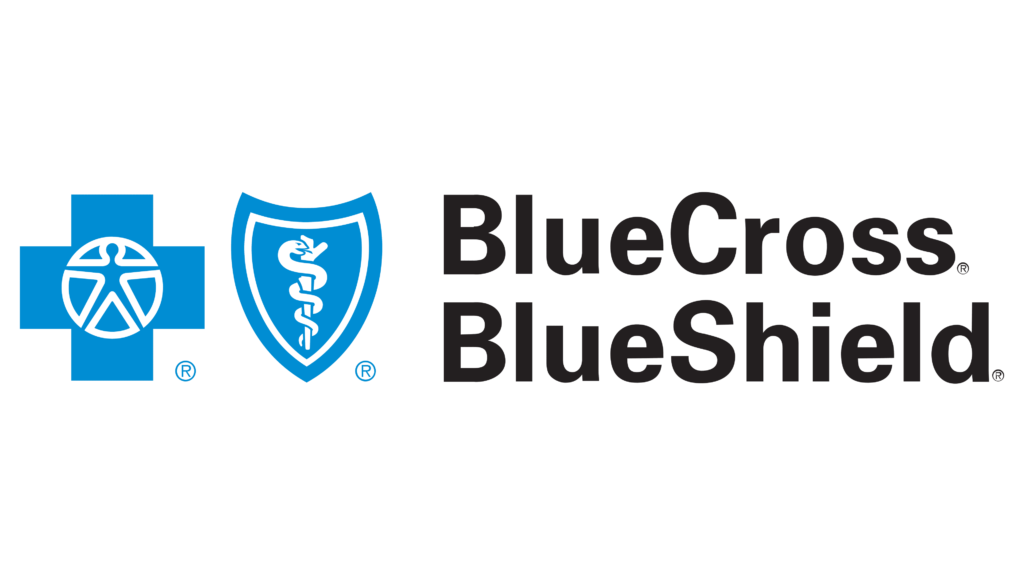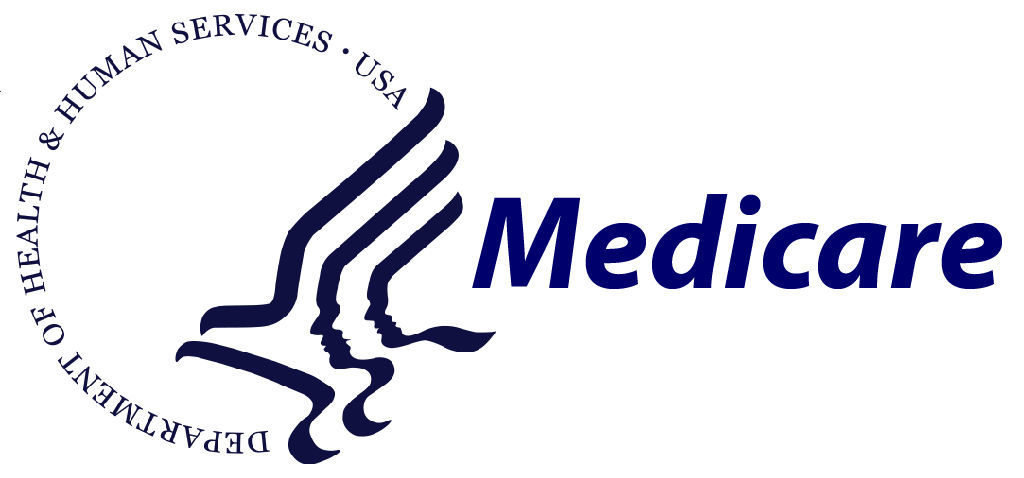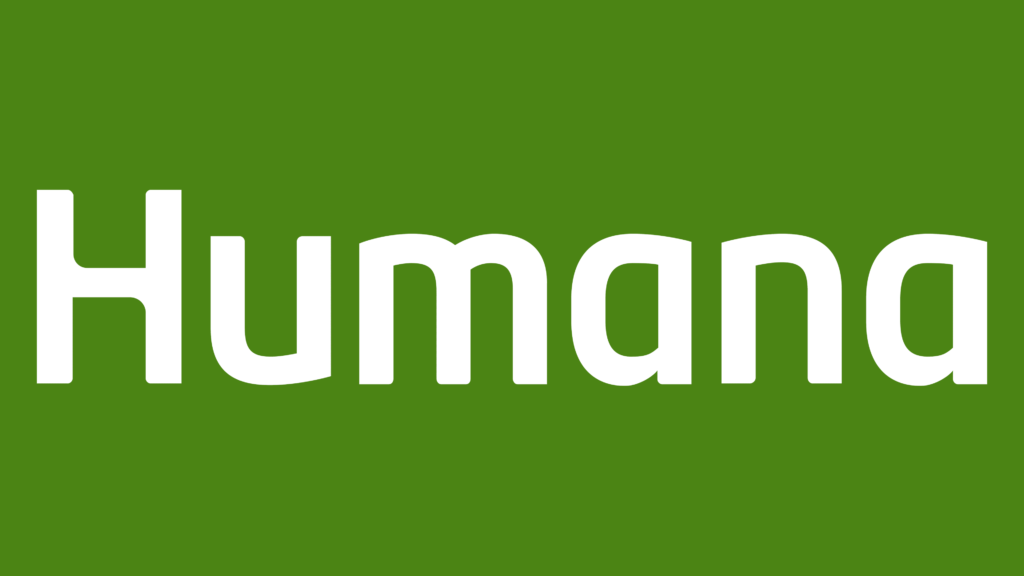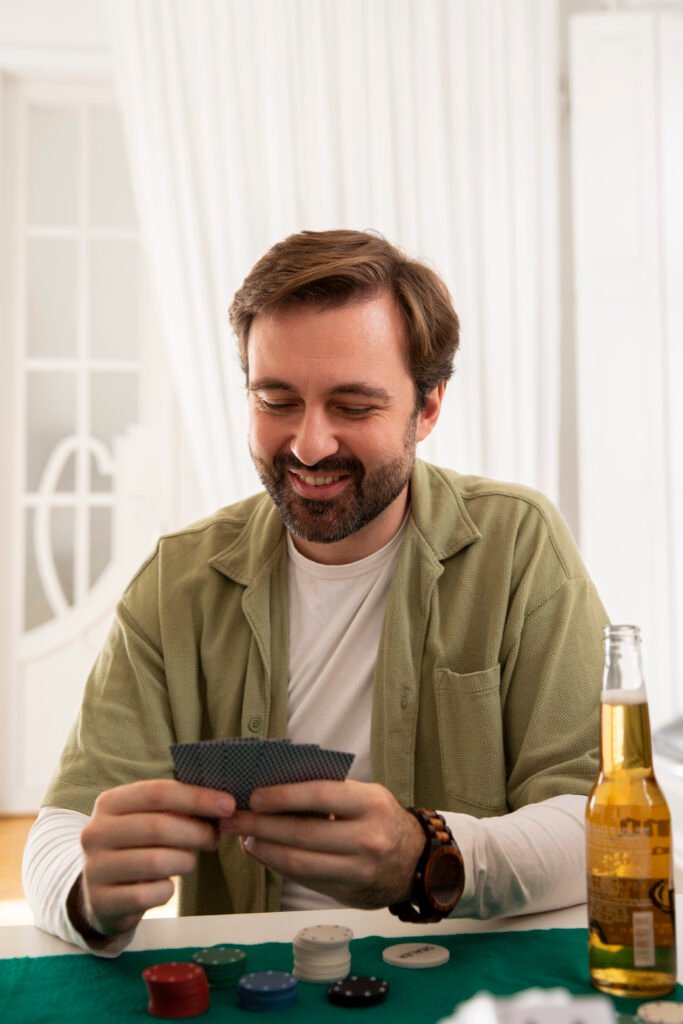Gambling Addiction Treatment in Florida
Gambling addiction, also known as Gambling Disorder or Compulsive Gambling, is a serious issue that can affect individuals of all ages, including young adults. Compulsive gambling disorder can have severe consequences on a person’s life, including financial problems, relationship issues, and mental health concerns. Fortunately, there are specialized treatment programs and counseling services at One Stop Psychiatry clinic, in Florida that cater to the unique needs of young adults with compulsive gambling disorder.
At One Stop Psychiatry, we offers in-person and telehealth psychiatric treatments in Fort Lauderdale, Palm Beach Gardens & Miramar, Florida. Our expert and board-certified psychiatrists offers individualized help. Contac Us today to start your recovery journey with One Stop Psychiatry.
- Book An Appointment Within 24 Hours
- Meet Your Mental Health Provider
- Medication Management & Ongoing Therapy
What is Gambling Addiction?
Gambling addiction is a serious issue that can affect individuals of all ages, including young adults. Compulsive gambling disorder can have severe consequences on a person’s life, including financial problems, relationship issues, and mental health concerns. Seeking professional help is essential to overcome this addiction.
There are many forms of gambling, with popular ones including betting at casinos or on sports events. However, not everyone who gambles will develop a gambling disorder. It’s a mental health condition which can be treated with the help of experts.
According to an estimate, 2% to 4% of the U.S population has a gambling addiction. However, this estimate might not tell the whole story, as many people with gambling issues don’t receive a diagnosis or any professional care.
Symptoms of Gambling Addiction:
- Constantly thinking about gambling.
- Feeling an urge to bet larger sums of money
- Repeatedly trying to cut back or quit gambling without success.
- Deceiving family and friends about gambling habits
- Trying to recover losses by betting even more
- Ignoring work, family, or personal obligations
- Using gambling as a way to cope with stress or emotional pain
Types of Gambling Addiction
There are mainly three types of Gambling Addiction.
Compulsive Gambling (pathological)
This is the extreme type of gambling addiction. People who struggle with compulsive gambling feel an overwhelming need to gamble all the time, even when it leads to financial troubles, stress, or damaged relationships. They often find it impossible to stop, no matter how many times they attempt to quit.
Professional Gamblers
They utilize their skills and strategies, considering gambling a vocation rather than mere amusement. Although they may appear to have it together, they are still at risk of developing an addiction if their focus on winning becomes excessive.
Relief and Escape Gamblers
They use gambling as a way to handle stress, depression, or anxiety. They can easily become dependent on the emotional “escape” that gambling offers, leading to a compulsive cycle as they try to avoid those tough feelings.
Online Gambling Addiction
The rise of Online Gambling Addiction is fueled by 24/7 access to various apps and websites. People who are hooked on online casinos, sports betting, or chance games often keep their habits under wraps, making it harder for others to notice the problem.
Causes of Gambling Addiction/ Disorder
it’s a very complex condition. However, some of the reasons include:
- Impulse control problems
- coexisting mental health conditions
- Substance Abuse
- Trauma or emotional distress
- A family history of addiction
- Growing up around gambling activities
Our Approach to Gambling Addiction Treatment
The U.S. Food and Drug Administration hasn’t approved any medications specifically for treating gambling disorder. However, Many types of psychotherapy can provide effective support.
Cognitive Behavioral Therapy (CBT)
This therapy is structured and centered on achieving specific goals. A mental health professional will help you closely examine your feelings and thoughts. You will start to understand how your thoughts impact your behaviors. With Cognitive Behavioral Therapy (CBT) for gambling disorder, you can overcome negative and obsessive thoughts and behaviors while developing healthier thinking patterns and habits. CBT is the most common psychological approach used to address gambling disorder.
Medication Management
For some individuals, medication can offer valuable support by:
- Controlling urges
- Controlling impulsive behaviors
- Addressing co-occurring mental health issues such as anxiety and depression
Our approach emphasizes reducing polypharmacy, aiming to lower medication usage once symptoms stabilize and the urge to gamble decreases. We prioritize each client’s goals, ensuring a balanced and effective method of psychopharmacology.
Comprehensive Psychiatric Evaluation
We begin with a comprehensive assessment conducted by a psychiatrist or a psychiatric nurse practitioner to identify any potential mental health issues that may be affecting gambling behavior. These issues can include mood disorders, anxiety, ADHD, OCD, or depression. In collaboration with the client, we then develop a detailed treatment strategy that encompasses medication management and various therapeutic approaches, all aimed at achieving long-term recovery.
Group Therapy
Group therapy is a form of psychotherapy where individuals come together to share and discuss their problems under the guidance of a mental health professional. This type of therapy can provide valuable motivation and moral support for individuals with a gambling disorder, particularly those who may have lost touch with friends or family due to their condition.
Family Therapy
This type of therapy can be highly beneficial in educating your family about the condition, ultimately fostering a safer and more supportive home environment.
Gambling Addiction Treatment At One Stop Psychiatry
If you or your loved one is struggling with gambling addiction/ disorder, Our team of experts are here to help you out. At One Stop Psychiatry, Our team of experienced professionals in Florida is dedicated to supporting our patients through every step of their recovery, combining the latest in mental health research with compassionate care to achieve the best possible outcomes.
You have two options for Treatment at One Stop Psychiatry clinic:
In-Person gambling addiction Treatment
We offer outpatient services for gambling addiction, You can visit our offices in Fort Lauderdale, Palm Beach Gardens, or Miramar, Florida to meet with a psychiatrist or therapist face-to-face in a supportive setting
Gambling addiction Treatment Online
At One Stop Psych, we understand that flexibility matters. We offer telemedicine appointments that allow you to connect with a psychiatrist at a time that fits your schedule. Many patients appreciate the comfort and privacy of receiving Substance Abuse care from home—especially when balancing busy routines or remote locations.
Our virtual Substance Abuse treatment is just as effective as in-person sessions, ensuring you receive quality, compassionate support wherever you are. Plus, with quick access to online appointments, you won’t have to wait long to start your treatment journey.
Start Your Recovery Journey Today
One Stop Psychiatry is here to help you reclaim your mental health.
Call us today at: Ph: (754) 270-6322
To Answer your questions
How do i know if i have gambling addiction problem?
Common signs include:
Obsessive thoughts about gambling
Increasing bets to feel the same thrill
Lying to family or friends about gambling activities
Gambling to escape stress or anxiety
Difficulty stopping despite harmful consequences
If any of these sound familiar, it may be time to get professional help.
What type of Gambling Addiction treatments do you provide?
We provide individualized treatment plans according to the patient’s needs
Cognitive Behavioral Therapy (CBT)
Psychiatric evaluation and medication (if co-occurring conditions exist)
Family counseling
Telepsychiatry for flexible care
Support groups and educational sessions
Can Your Doctors Prescribe Medication?
We are able to prescribe a range of medications on a patient basis to aid in their recovery from a disorder.
Does Your Clinic Accept Insurance?
Yes we accept many insurance plans, including Medicare, Cigna & Medicaid to name a few. Alternatively we also have the option of affordable, sliding scale cash plans.
Do you treat any other type of mental health disorder?
Of course! The One-Stop Psychiatric Clinic has a team of psychiatrists, clinicians, and therapists that provide consistent care with tailor-fit treatments to suit your needs. No matter how you are feeling, we will help you!
